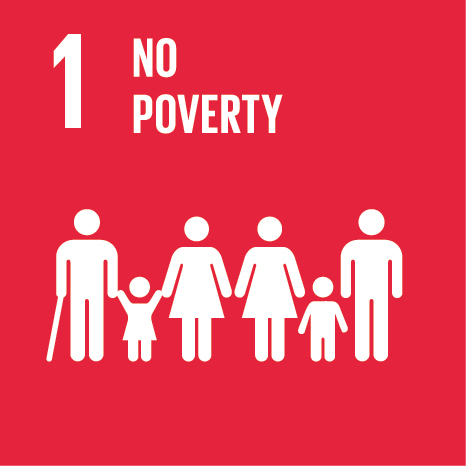Ciência_Iscte
Publications
Publication Detailed Description
Journal Title
Quality and Quantity
Year (definitive publication)
2014
Language
English
Country
Netherlands
More Information
Web of Science®
Scopus
Google Scholar
This publication is not indexed in Overton
Abstract
The perception of the causes of poverty has long been recognized as a very important factor in the broader study of this social phenomenon. This study covers 15 European Union countries and considers three types of poverty attributions: individualistic, societal, and fatalistic. The individualistic view perception believes the poor are responsible for their situation, the societal perspective blames society for poverty and the fatalistic view considers poverty to be the result of bad luck or fate. A multilevel mixture model with three clusters of countries and six clusters of individuals was identified. Despite the generalization of the social explanations of poverty at the individual or micro level, there are also groups that emphasize more individualistic explanations, blaming the poor for their condition. At the country or macro level, the most developed cluster believes in the individualistic and fatalistic causes of poverty, whereas the least developed clusters explain poverty based on the injustices of society. There is diversity in the way these countries perceive poverty.
Acknowledgements
--
Keywords
Multilevel mixture models,Poverty,Social attributions,Latent class analysis
Fields of Science and Technology Classification
- Mathematics - Natural Sciences
- Psychology - Social Sciences
- Other Social Sciences - Social Sciences
Funding Records
| Funding Reference | Funding Entity |
|---|---|
| PTDC/CS-DEM/108033/2008 | Fundação para a Ciência e a Tecnologia |
| PEst-OE/EGE/UI0315/2014 | Fundação para a Ciência e a Tecnologia |
Contributions to the Sustainable Development Goals of the United Nations
With the objective to increase the research activity directed towards the achievement of the United Nations 2030 Sustainable Development Goals, the possibility of associating scientific publications with the Sustainable Development Goals is now available in Ciência_Iscte. These are the Sustainable Development Goals identified by the author(s) for this publication. For more detailed information on the Sustainable Development Goals, click here.

 Português
Português




